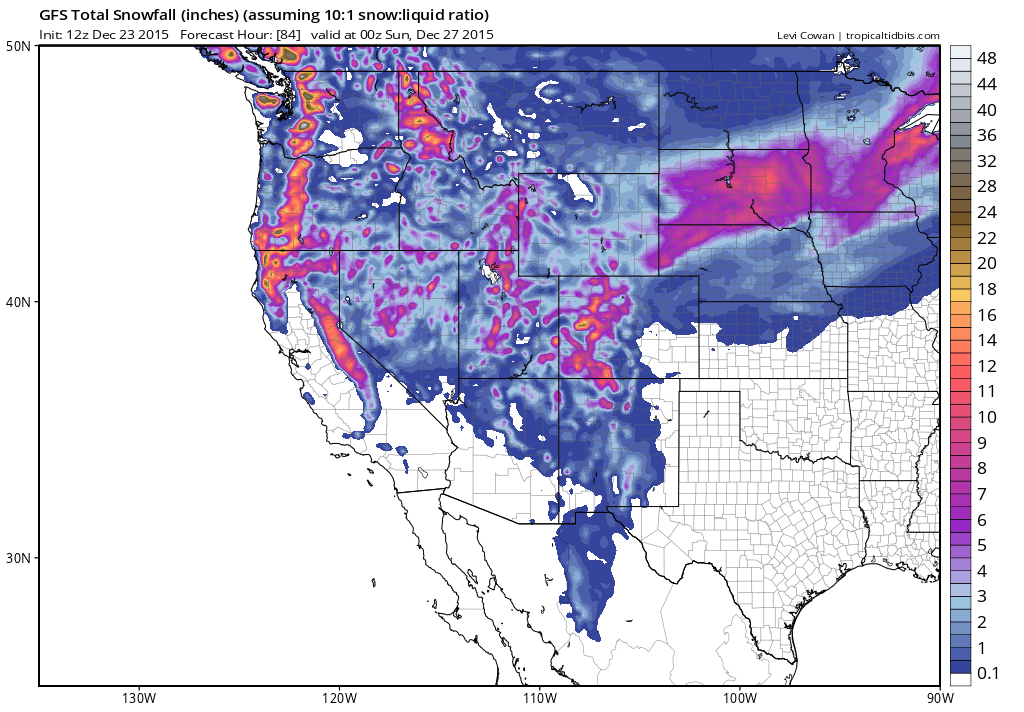When I was in newspaper journalism, I always viewed the holiday season as a target of opportunity. Papers were relatively fat, propped up by holiday ad content, and news was thin, so editors were desperate for copy. As the end of the year approached, I’d queue up story ideas, knowing that it was a chance to get stuff in the paper that would be a harder sell at any other time of year.

My “arctic blast”
Some of it was substantive, but this also as the birth of my “White Christmas” tradition, an increasingly elaborate annual ritual built around Bing Crosby and the modern pop culture self-creation of American myths. The final edition, published a few days before Christmas last year, was a bittersweet joy – written a few weeks after I had decided to leave three decades of newspaper journalism, but before anyone but family and a handful of close friends knew.
I have a snow shovel.
It’s not just any snow shovel, either. It’s an “Arctic Blast” brand shovel, with an oversized grip for my big puffy red winter mittens. It is covered with cobwebs.
It is my fantasy to get up early on Christmas morning, the last of the luminarias in my Albuquerque neighborhood long burned out, and shovel the walk before visitors arrive.
The joke was always on the romantic notion of snow here in the high desert valley of Albuquerque, matched against climatological reality:
As they do most years, my friends at the National Weather Service crushed my spirit Monday, saying that this wish will likely again go unfulfilled. “If you’re looking for snow to fall on Christmas, it’s probably not your year,” meteorologist Jennifer Palucki said.
Over the years, I’ve riffed several times off of Jody Rosen’s lovely little book White Christmas: The Story of an American Song, including this:
Our fondness for a “white Christmas” seems to be one of those curious yet richly rewarding examples of American self-invention, for which we apparently have songwriter Irving Berlin to thank.
“The longing for Christmas snowfall, now keenly felt everywhere from New Hampshire to New Guinea,” music critic Jody Rosen wrote, “seems to have originated with Berlin’s song.”
Rosen, author of the delightful book “White Christmas: The Story of An American Song,” might have added New Mexico to the list.
Written by a Russian Jewish immigrant in celebration of that most secularized of Christian holidays, “White Christmas” became a hit during World War II as a nation craved normalcy. Then it improbably endured, shaping our nostalgia for the Christmas we “used to know” by inventing it.
This morning, I went out in the backyard to strategically pre-position the snow shovel. The GFS forecast model suggests that, by the weekend, I might have a chance to use it:

